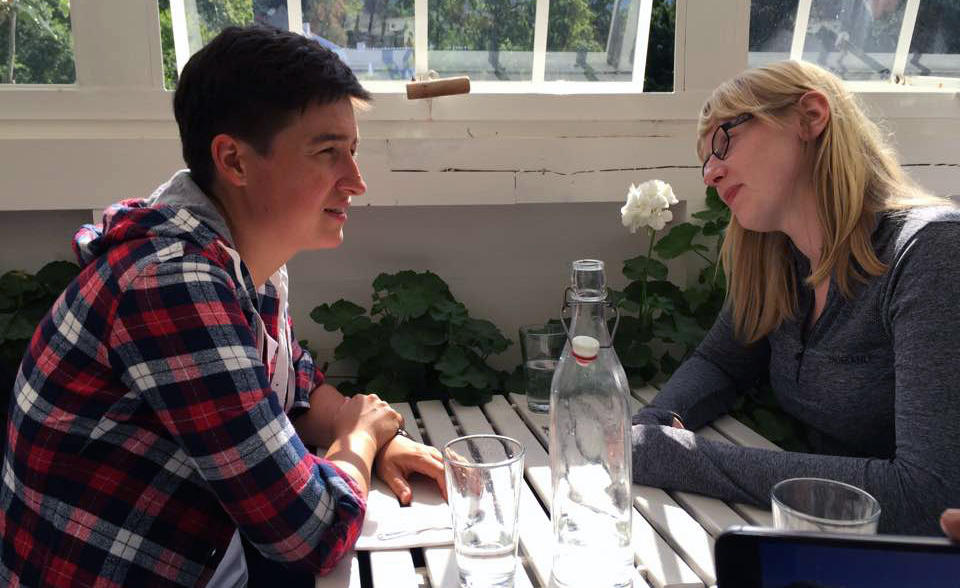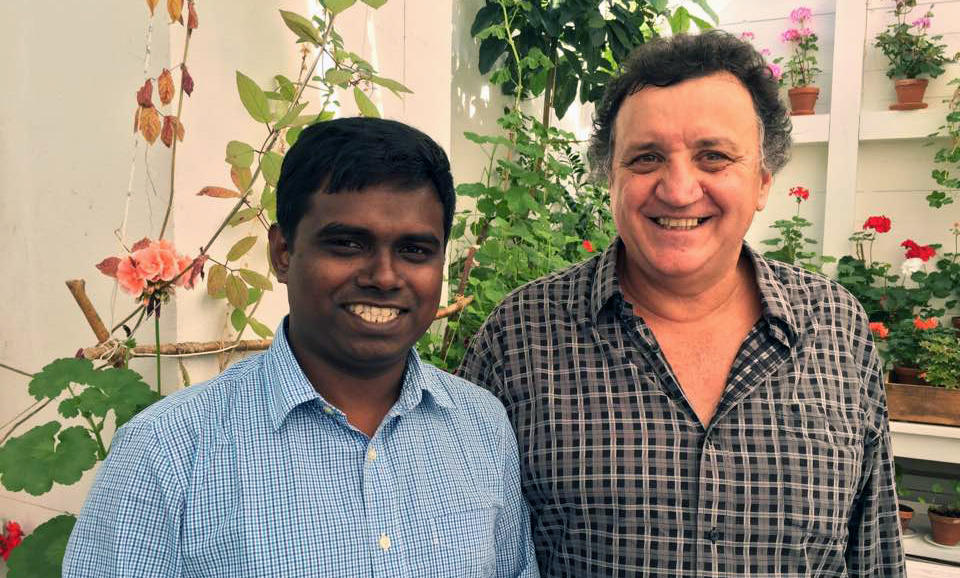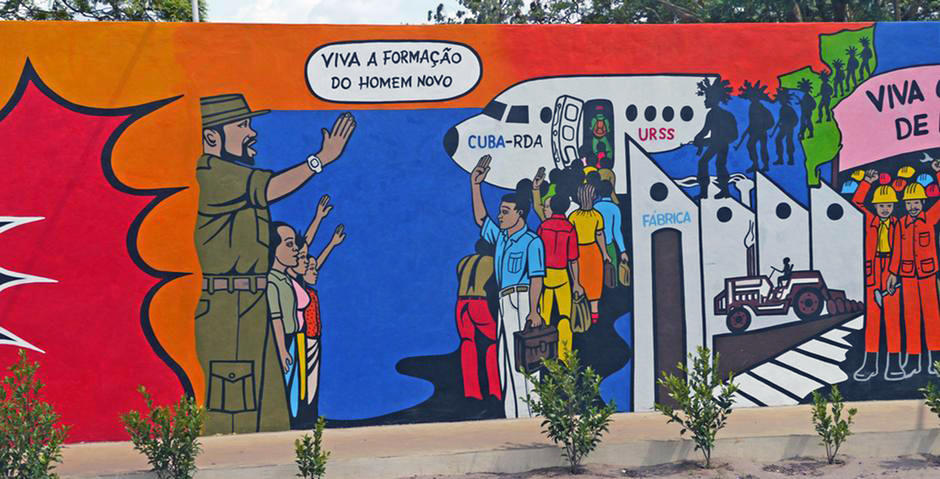Egalitarianism seminar
Members of the Egalitarianism Project gathered at the Barony of Rosendal in Hardanger, 21.-24. August.

Hovedinnhold
During this gathering the group focused on group member’s empirical materials from fieldwork, with particular attention to two overarching themes.
We dedicated the first session to accounts of egalitarian experiments. Group members accounted for various ways that social movements have tried to organize social relations through the ideal of equality – and the wider social ramifications of such experiments. This discussion was a continuation from a previous workshop, and the discussions will lead to an edited volume. It will contain materials related to the Human Rights movement, Kurdish PKK movement, U.S. intentional communities, anti-fracking campaigns in Poland and U.K., the invention of new cryptocurrencies, female labour in the Bangladesh textile industry, the Dalit movement in Kerala and Singaporian activism
In the second session we moved on to specifically address revolutionary ideas and social movements growing out of the 60ies and 70ies, with particular attention to the way different parts of the world picked up different parts of a global discourse of rupture and emancipation. Attention was given to notions of a New Man, the role of religion for political movements, the creations of alternative worlds, the breaking out of society and renunciation etc. and the way such notions are re-enacted and re-interpreted and criticized today in what we see as An Age of Reaction. This will also continue into a book project that will be launched in the year of the 50th anniversary of 1968. Its aim is to destabilize the larger narrative of 1968 as a primarily European event by looking at the forms that the emancipatory movements took in other parts of the world in the post-war era; and we discussed materials from Mexico, Mozambique, Vanuatu and Cuba.
Participants:
Bruce Kapferer, Bjørn Enge Bertelsen, Jacob Hjortsberg, Maria D. Styve, Mari Korsbrekke, Axel Rudi, Mohammad Tareq Hasan, Anna Szolucha, Alessandro Zagato, Hanna Skartveit, Marina Gold, Matan Shapiro, Jayaseelan Raj, Knut Rio, Annelin Eriksen, Andrew Lattas and Judy Lattas


